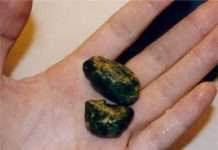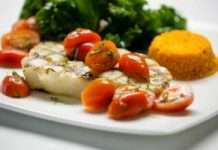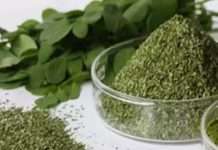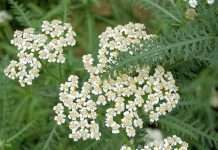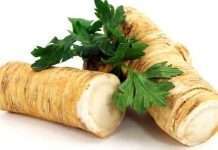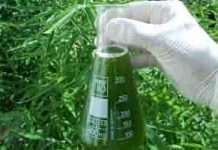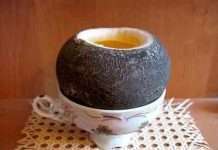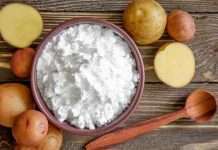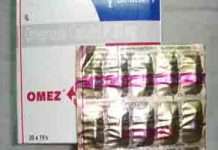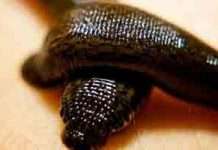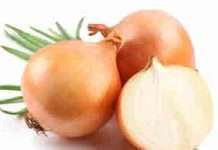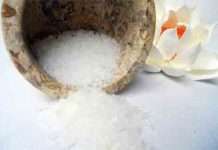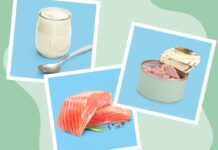Lysine is an essential amino acid that your body can’t produce on its own. It plays a vital role in hormone production, energy generation, calcium absorption, and immune system function. Meanwhile, arginine is another amino acid that can potentially trigger the herpes simplex virus to multiply, worsening cold sores. Foods rich in lysine and low in arginine can help maintain a healthy balance between these amino acids, potentially reducing the frequency and severity of cold sores.
Clinical evidence is limited, but preliminary research suggests that maintaining a lysine-to-arginine ratio of at least 1:1 can be beneficial for most people. Those looking to manage herpes outbreaks may find higher ratios particularly helpful. While the exact daily requirement varies, a general estimate suggests adults need about 2,600 mg of lysine per day based on a 150-pound body weight.
Understanding the Amino Acid Balance
The relationship between lysine and arginine is particularly important for people prone to cold sores caused by herpes simplex virus type 1 (HSV-1). When arginine levels are high relative to lysine, the virus may replicate more easily. Lysine appears to inhibit this process, potentially keeping the virus in a dormant state.
- Key Takeaway: Lysine inhibits arginine’s effects, while arginine can potentially promote herpes virus activity. Balancing these amino acids through diet may help manage cold sores.
Top 11 Lysine-Rich Foods with Low Arginine
Here’s a closer look at foods that offer significant amounts of lysine while containing relatively low levels of arginine:
Dairy Delights
- Plain, Nonfat Yogurt: A 1-cup serving delivers an impressive 1,259 mg of lysine and maintains a nearly 3:1 lysine-to-arginine ratio. This dairy powerhouse also provides 14g of protein, calcium, potassium, and phosphorus. Enhance its benefits with fresh berries and chopped nuts.
- Skim Milk: One cup offers 691 mg of lysine with a strong 2.9:1 ratio. It’s packed with protein (over 8g per cup), calcium, vitamin D, and phosphorus. Use skim milk in smoothies, oatmeal, or enjoy it chilled.
- Parmesan Cheese: Just 1 ounce provides 939 mg of lysine (2.5:1 ratio) along with over 10g of protein and nearly a quarter of your daily calcium needs. Sprinkle it over salads, popcorn, or roasted potatoes for extra nutritional punch.
- Low-Fat Ricotta Cheese: A half-cup serving contains 1,678 mg of lysine (2.1:1 ratio) and provides over 25% of your daily calcium and nearly 40% of your selenium needs. Pair it with fresh strawberries or bananas for a healthy dessert or snack.
- Low-Fat Cottage Cheese: Four ounces deliver 992 mg of lysine (1.9:1 ratio) and nearly 12g of protein, plus calcium and phosphorus. Top whole-wheat toast with cottage cheese, fresh tomato slices, and cracked pepper for a nutritious breakfast.
Lean Proteins
- Wild-Caught Salmon: A 6-ounce filet provides 3,662 mg of lysine (1.54:1 ratio) and exceeds daily omega-3 fatty acid requirements. Salmon is renowned for supporting heart and cognitive health. Prepare it by pan-searing, roasting, or grilling.
- Cod: One filet offers 3,775 mg of lysine (1.54:1 ratio) with over 40g of protein. It also delivers more than 100% of your daily selenium needs, which protects against cellular damage and supports DNA production. Limit consumption if you’re monitoring saturated fat intake.
- Canned White Tuna: A 3-ounce serving contains 2,071 mg of lysine (1.5:1 ratio) and provides healthy fats, including significant amounts of monounsaturated and polyunsaturated fats, plus 14% of your daily omega-3 needs. Incorporate tuna into sandwiches, salads, or soups.
- Roasted Turkey Breast: Six ounces deliver 3,783 mg of lysine (1.5:1 ratio) along with over 51g of protein and substantial amounts of phosphorus and selenium. Turkey works well as a protein centerpiece for meals or as shredded meat in soups.
- Lean Beef (Skirt Steak): A 6-ounce skirt steak provides 5,619 mg of lysine (1.5:1 ratio) and over 49g of protein, plus more than half of your daily iron requirements. Remember to moderate intake due to its saturated fat content.
Poultry Powerhouse
- Lean Chicken Breast: A 6-ounce serving offers 5,421 mg of lysine (1.4:1 ratio) with 55g of protein and minimal saturated fat. Chicken breast is incredibly versatile, suitable for sandwiches, salads, soups, and more.
Putting Knowledge into Practice
While dietary modifications can be part of managing cold sores, it’s essential to remember that diet alone isn’t a cure for herpes. If you’re experiencing frequent or severe outbreaks, consult a healthcare professional. Maintaining adequate hydration and ensuring a balanced diet rich in lysine may support your body’s defenses against herpes.
- Practical Tip: Focus on incorporating several lysine-rich foods into your weekly meal plan while limiting processed foods and arginine-heavy items like chocolate, soy products, and caffeine.
This comprehensive guide empowers you to make informed dietary choices that may help manage cold sore occurrences while supporting overall health













